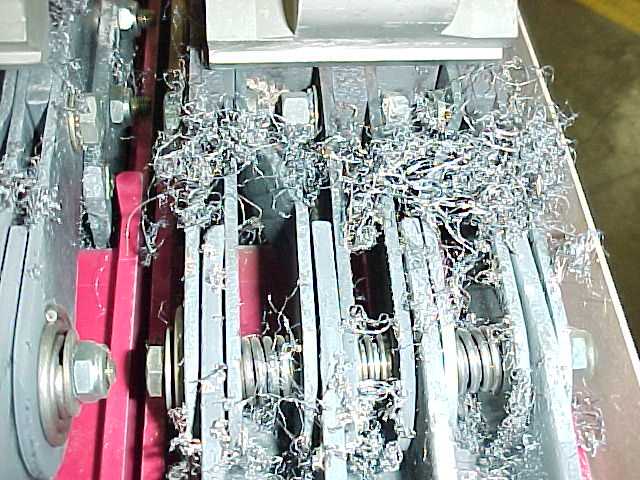Silver and tin can both "grow whiskers", it depends upon the environment. Silver grows whiskers in the presence of H
2S, as is sometimes found in wastewater treatment plants and geothermal power plants. This is a picture of silver whiskers from H
2S. From this you can see that they can be very dangerous.
Link to photo site
Tin whiskers as well, but the available research on tin whiskering indicates that the whiskers are rarely over a few mm long, so if proper bus spacing is maintained, they don't tend to cause troubles. For this reason, many facilities engineers who know that sulpher may exist in their enviroinment, even in very low concentrations, will specify tin plating over silver.
Silver has better bus-to-bus conductivity however, so it is preferrable wherever it can be used without problems. But because of the whiskering issue, some manufacturers have started offering tin as standard and charging a premium for silver.
JRaef.com
"Engineers like to solve problems. If there are no problems handily available, they will create their own problems." Scott Adams
For the best use of Eng-Tips, please click here -> faq731-376

